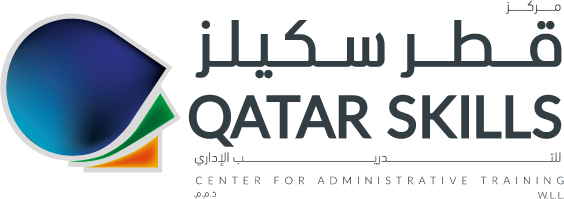array (
'course-city' =>
array (
0 => 48,
177 => 90,
226 => 77,
336 => 106,
371 => 107,
445 => 72,
486 => 108,
528 => 109,
551 => 110,
582 => 111,
604 => 71,
639 => 112,
673 => 78,
708 => 113,
798 => 70,
818 => 114,
875 => 115,
877 => 127,
910 => 116,
1054 => 117,
1226 => 118,
1324 => 91,
1402 => 119,
1492 => 120,
),
'course-language' =>
array (
0 => 49,
706 => 126,
),
'types' =>
array (
0 => 81,
),
'course-category' =>
array (
0 => 67,
127 => 64,
128 => 65,
129 => 58,
130 => 59,
131 => 66,
132 => 125,
133 => 60,
134 => 61,
135 => 123,
136 => 46,
137 => 51,
138 => 62,
139 => 85,
140 => 83,
141 => 76,
144 => 99,
145 => 57,
146 => 63,
149 => 97,
152 => 98,
157 => 124,
158 => 103,
159 => 104,
160 => 105,
161 => 55,
162 => 75,
163 => 53,
164 => 56,
172 => 100,
174 => 101,
178 => 122,
191 => 121,
240 => 102,
),
'course-type' =>
array (
0 => 73,
),
)Value Engineering, Cost Reduction & Quality Improvement
Course Overview:
Value, in its broadest sense, is the benefit to the client, offered by a project. Value Engineering (VE) is a creative, organized approach which enables providers of a product, service or a project to engage in a proactive way with stakeholders to ensure that project value is optimised, life-cycle costs are reduced, and unnecessary costs eliminated. The VE methodology emphasizes the return-on-investment aspect of decision-making in terms of benefits management during project planning, procurement and execution.
It enables design teams and organisations to identify and evaluate alternative ideas and solutions at any project phase avoiding wasted design and investment effort and deliver best value solutions which meet client requirements. VE is not about selecting the cheapest option; rather, it is about realizing best value for money and improving productivity, competitiveness and effectiveness of organisations in addition to stimulating innovation.
Course Objectives:
By the end of this course, participants will be able to:
- Understand the fundamental concepts of value engineering and how it supports effective project management by providing a continuous thread of good practice throughout the project development process
- Gather and organize information and cost relevant to key elements of the project
- Learn how to capture and incorporate stakeholders’ input in the development of the project charter and plan
- Critically assess and evaluate the relationships among key attributes such as cost, value and function
- Report effectively to top management and project stakeholders in the context of proposing alternatives that improve the overall project value; and
- Objectively present a convincing case in support of certain project alternatives
Who Should Attend?
- Maintenance Managers,
- Maintenance Supervisors,
- Maintenance Engineers,
- Operational Excellence Personnel,
- Reliability Engineers,
- Plant Managers,
- Engineering Managers,
- Manufacturing Managers,
- Production Managers,
- Operations Managers,
- Project Managers,
- Asset Managers
- Quality Assurance Personnel.
- Engineering professionals who have at least three years of experience
Course Content
Module (01) Framework for Applying Value Engineering in Projects
- What is Value?
- What is Value Engineering? Why is it important?
- Defining Value Engineering concepts and principles
- How and when is Value Engineering applied?
- Project stakeholders analysis and management
- Understanding teamwork and cross-functional Project Teams and team player styles
Module (02) The Function Analysis Phase – Expressing Project Functional Needs and Constraints
- Overview of Different Value Engineering Phases / Job Plan
- The Information Phase – steps and procedures
- The need for Function Analysis in projects
- Developing FAST Diagrams to identify critical project components and perform project value analysis
- Defining project constraints – relationships and trade offs
- Aspects of Cost Estimating
Module (03) The Creative Phase – Inspiring Creativity in Your Project Team
- Risk Management
- Relationships between Value, Cost and Worth
- Facilitation skills
- Creativity and Creative thinking within the project environment
- Creativity techniques as applied to optimize project value
- Blocks to creativity within the project team
Module (04) The Evaluation Phase – Making Informed Project Decisions
- Reaching consensus and leveraging the power of project team collaboration
- Idea selection
- Evaluation methods and value criteria
- Development phase
- Techniques in problem solving
- Life-cycle costing analysis
Module (05) The Planning and Reporting Phases – Getting Results through Effective Communication
- Effective Decision-making in project environment
- Develop action plans and assign project roles and responsibilities
- Reporting VE findings to Senior Management and project stakeholders
- Integrating VE into the project process and Continuous Improvement and application at project initiation
Course Summary & Conclusion



